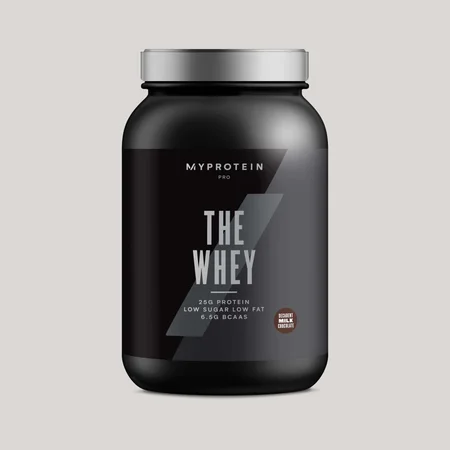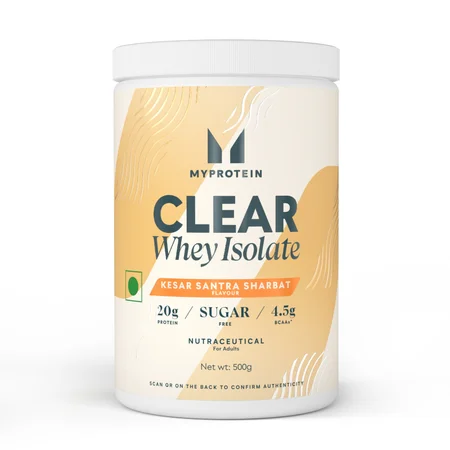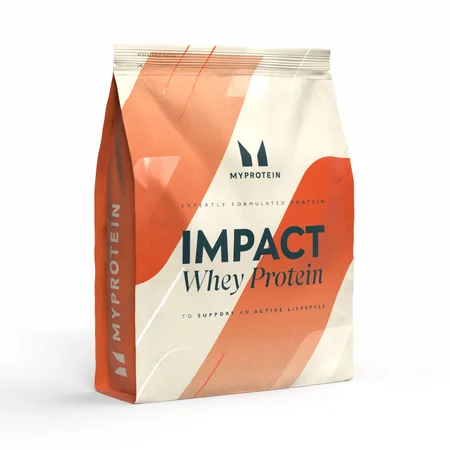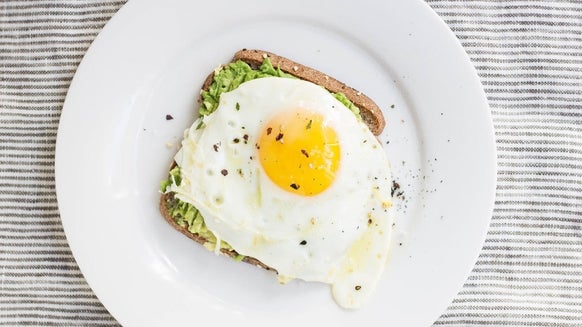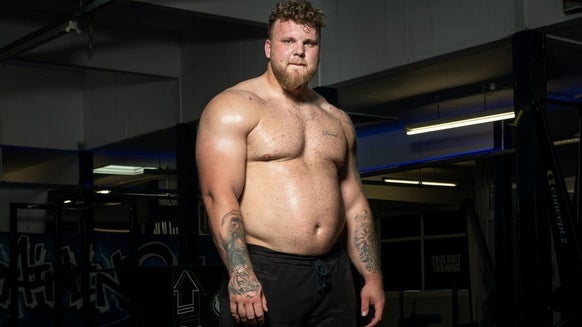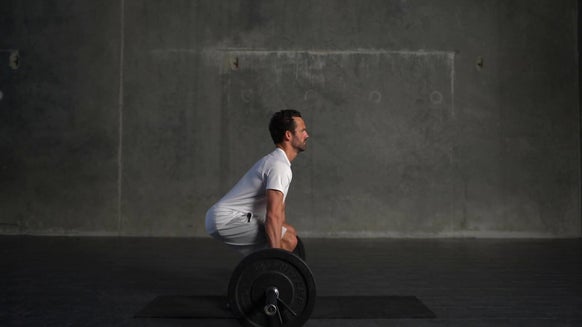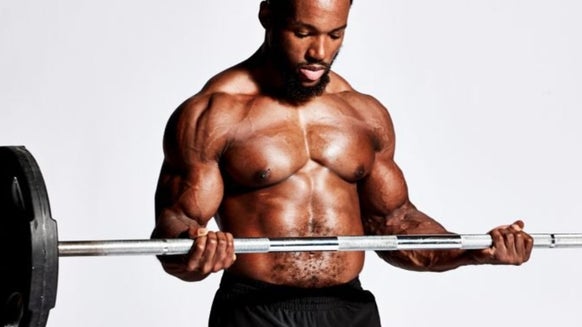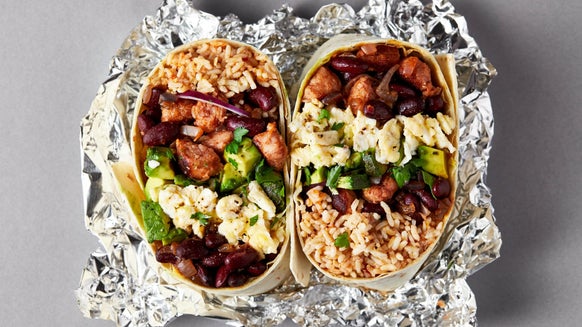Can Sleep Quality Affect Your Eating Habits? | This Week’s Top Studies

Love to spout the science to your gym buddies as you throw around some weights together? We’ve got the answer to just that. Every week, we share our favourite new studies that we think will shake up your nutrition and training routine.
This week, we’re looking at the effect of REM sleep on eating behaviour and whether nutrition labelling on food really makes us eat healthier. Let’s get going...

Does sleep affect your eating?
We all know that sleep’s important, but could it play an important role in our eating habits too? Sleep’s a pretty complicated thing, but scientists think they may just have it sussed.
Our sleep is split into different phases, one of which is rapid eye movement sleep (REM). Not a lot is known about the purpose of this phase, but what scientists can see is which parts of the brains light up during REM.
One of the parts that they’ve seen high levels of activity in during REM sleep is the hypothalamus. Specifically, the neurons in this area that control things such as appetite and regulate behaviours and addiction when we’re awake.
The researchers experimented suppressing these neurons in mice during REM sleep to see if it had an impact on day-to-day behaviour with some interesting results.
They found that when these neurons were supressed, the mice ate less food during the day. This suggests that REM sleep could be integral in regulating food intake and appetite.
Although this study was done in mice, with our modern-day disrupted sleeping patterns, it would be interesting to see if similar results would be observed in humans too.
Does your sleep quality affect your appetite?
Why we’re making better food choices
When picking up an item of food, we’re pretty used to seeing the nutritional information displayed on the front, but this wasn’t always the case.
Front-of-pack nutritional labelling was introduced way back in 2006, with red, amber, or green used to show whether a food has healthy levels of different nutrients such as fat or salt.
The question is, after well over a decade of this system, has it worked? Researchers have looked into the change in buying trends since this labelling was introduced to find out.2
They discovered that generally the nutritional composition of our shopping baskets has improved and that reduced quantities of the labelled food, such as ready meals, are now bought.
Thanks to this new legislation, people in the UK are eating on average are reducing their monthly calories by 588 when it comes to buying labelled store-branded foods, as well as a reduction in saturated fat, salt and sugar.
While this may not seem like a lot, it suggests that labelling is making us more aware of what we eat — and whether it’s good for us.
Does the traffic light system ever stop you from buying certain foods?
Take home message
Being aware of what could increase our appetite, or the nutritional value of specific foods will help you to make more educated decisions when it comes to fuelling your body for those tough workouts, or just getting through the working day.
READ THIS NEXT:

10 Supplements To Help Fight Tiredness and Fatigue
Want to feel full of life? These supplements could be the answer.
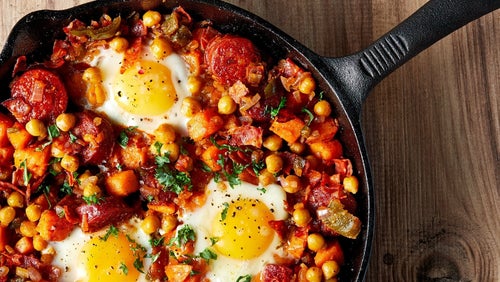
5 Easy Ways To Eat Yourself Happy | Top Mood Foods For Mental Health
Make every bite count.

